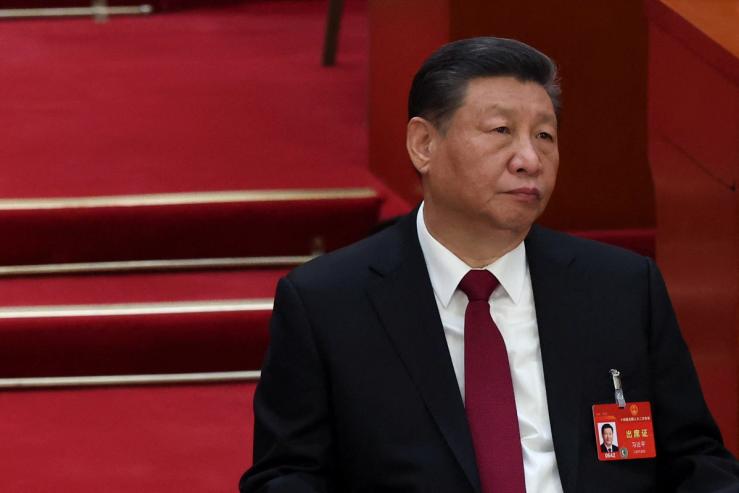The News
U.S. CEOs are expected to meet with Chinese leader Xi Jinping next week, The Wall Street Journal first reported Thursday, signaling Beijing’s need of foreign capital as it works to revive its post-COVID economy.
Beijing has appeared to become increasingly hostile towards foreign businesses, reducing their presence in recent years, as world leaders have encouraged “de-risking” from China. But the country’s sheer market size — and cheap costs for high-tech production — means China will likely remain an invaluable manufacturing hub, particularly as green technology like electric vehicle batteries become more essential.
SIGNALS
Global CEOs get upgraded to audience with Xi, instead of Premier Li
CEOs like Apple’s Tim Cook and Pfizer’s Albert Bourla are expected at the China Development Forum in Beijing this weekend, but instead of talks with pro-business Chinese Premier Li Qiang as is tradition at the forum, they are set to meet with Xi, Bloomberg reported. The “upgrade” is a sign that Beijing “is committed to improving conditions for foreign businesses,” a China specialist at the Center for Strategic and International Studies told the outlet. This comes just weeks after Li’s annual press conference was scrapped, which analysts told Reuters signals that Xi wants more direct control over the country’s economic narrative. “Breaking tradition now is the tradition, it’s the new norm,” one economist told Bloomberg.
Beijing lures foreign companies to build high-tech innovation
China is hoping to entice international business with “pilot-scale production” where foreign firms can “link [Chinese] laboratory research with mass production,” the South China Morning Post reported. These high-tech projects — chiefly in EV batteries, solar panels, and semiconductors — are considered the lifeline of China’s global economic output, as firms for lower-end products turn to cheaper labor markets like India and Vietnam. By convincing tech firms that it has better infrastructure to produce high-tech goods, China would be able to “catch up in areas such as artificial intelligence, quantum computing and biomedical manufacturing,” the SCMP reported.
EU’s goal to derisk from China in green tech is easier said than done
The European Union this year voted on the Net Zero Industry Act, which aims to source 40% of its green technology domestically by 2030 and “derisk” from China. But “the lack of additional funding under the EU budget” and letting member states make their own decisions on subsidizing green technology production, will ultimately undermine the EU’s single market philosophy, and retain China as the EU’s dominant provider of green technology, the East Asia Forum argued. Brussels needs to navigate “the trade-offs between an energy transition and economic security” while acknowledging that China’s role in reaching its goals is undeniable, the blog argued.



